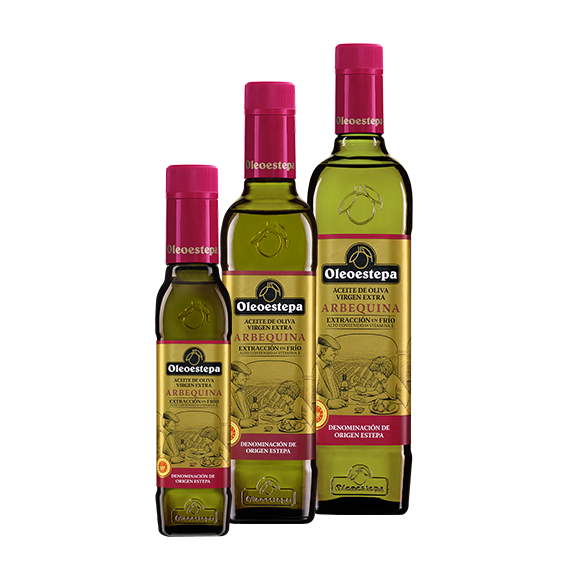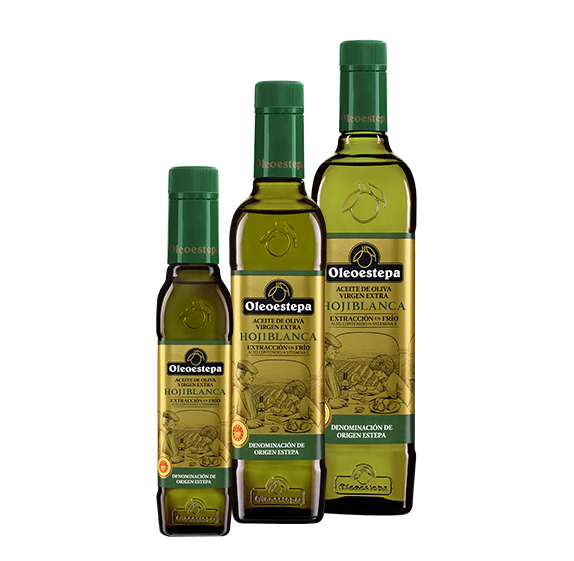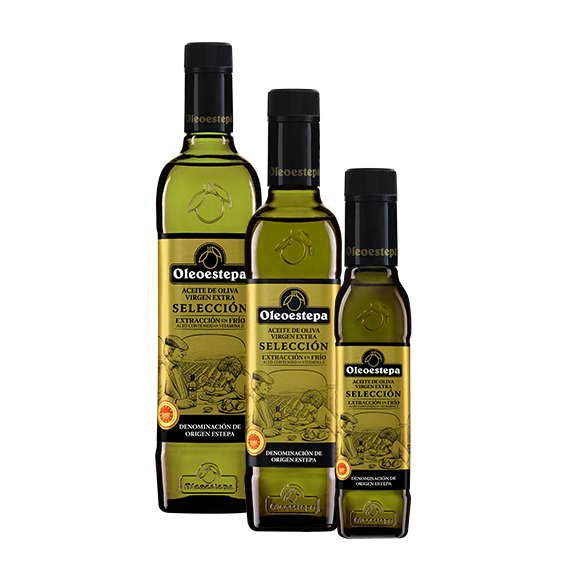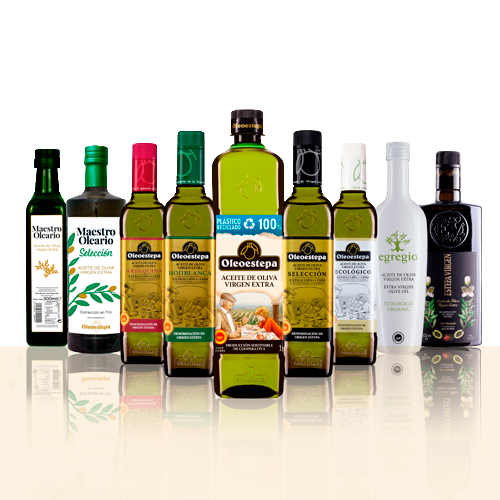Get to know us
We are a large cooperative of 7,000 olive growing families, creators of jobs in a rural area.
Sustainability
An entire ecosystem in perfect balance thanks to a symbiotic relationship between nature and the olive groves.
Latest news
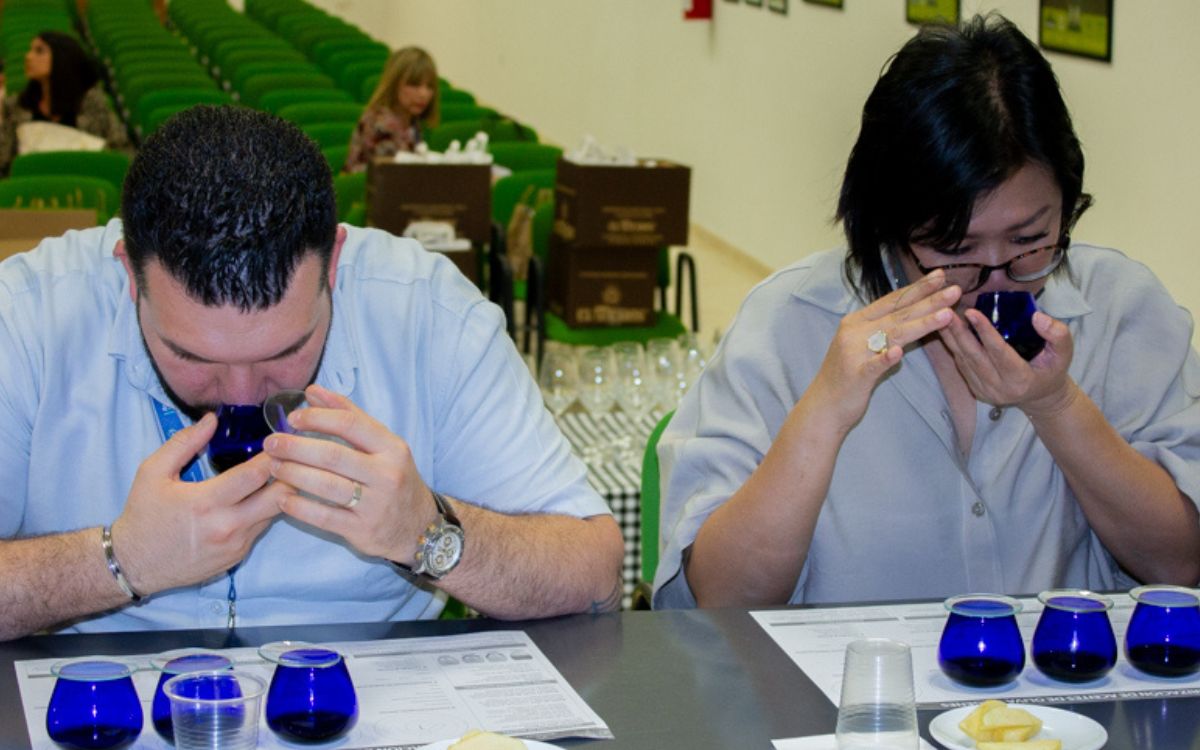
Importers from All Over the World Surrender to the Quality of Oleoestepa’s EVOO
On a notable day that highlights the influence of extra virgin olive oil in the global market, Oleoestepa reaffirmed itself as an international benchmark by hosting 15 renowned importers from various parts of the world. This event, organized in collaboration with Andalucía Trade and ICEX, was a clear demonstration of the quality and passion that […]
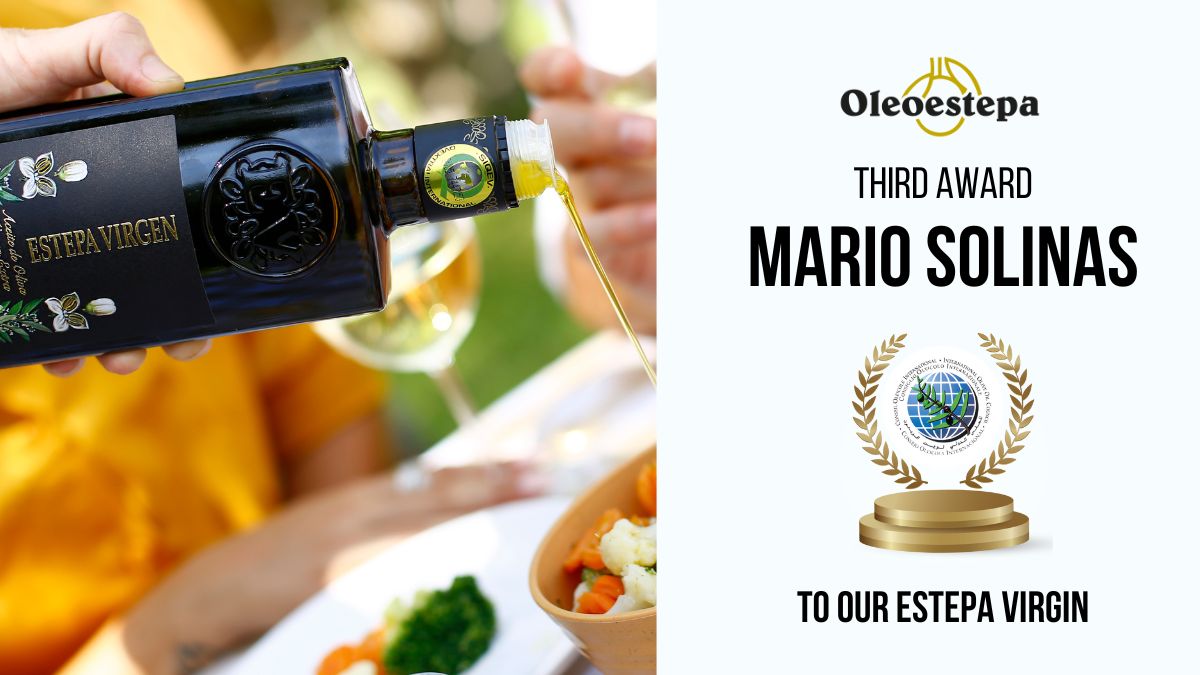
Oleoestepa receives the third international prize Mario Solinas with his “Estepa Virgen”
Oleoestepa, the leading cooperative in the production and commercialization of extra virgin olive oil, has once again been awarded the prestigious Mario Solinas award, granted by the International Olive Council (IOC). On this occasion, they have obtained the third prize in the medium fruitiness category for their magnificent Estepa Virgin olive oil. The IOC Mario […]
Flavours
Disfruta de las mejores recetas AOVE

Croquetas de Atún y Queso con AOVE
¿Quieres saber cómo Preparar Croquetas de Atún y Queso con Aceite de Oliva Virgen Extra Oleoestepa? Las croquetas son una de las tapas más emblemáticas de la cocina española. Esta receta de croquetas de atún y queso combina la suavidad del queso con el sabor delicado del atún, creando un bocado irresistible. El uso de ingredientes […]

Ajoblanco con frutas y AOVE
El ajoblanco es una sopa fría tradicional de la cocina andaluza, conocida por su refrescante sabor y su base de almendras. Este plato tiene sus raíces en la cocina mediterránea y es especialmente popular en los meses de verano. La versión que presentamos hoy, el ajoblanco con frutas y aove, incluye frutas de temporada, que […]

Pasta con Pesto Tradicional Genovés
Descubre cómo preparar una auténtica Pasta con Pesto Tradicional Genovés, una receta clásica italiana que combina ingredientes frescos y de calidad con el sabor único del Aceite de Oliva Virgen Extra Oleoestepa Hojiblanca. Perfecta para cualquier ocasión, esta receta te permitirá disfrutar de una explosión de sabores y texturas. Ingredientes Para preparar esta receta para […]

